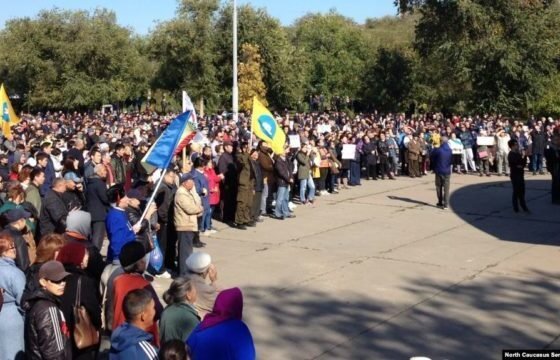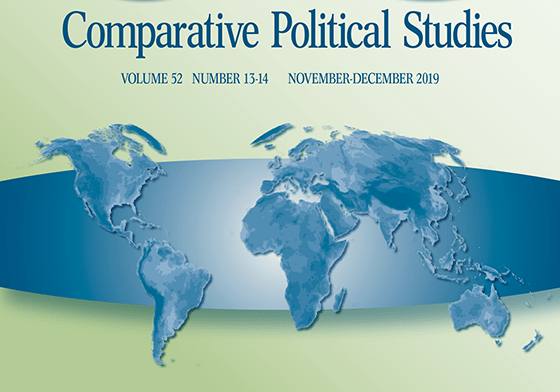(Journal of Peace Research) (Co-authored by Henry Hale) Abstract: Do international economic sanctions backfire politically, resulting in increased rather than decreased domestic support for targeted state leaders? Backfire arguments are common, but researchers have only recently begun systematically studying sanctions’ impact on target-state public opinion, not yet fully unpacking different possible backfire mechanisms. We formulate backfire logic explicitly, distinguishing between ‘scapegoating’ and ‘rallying’ mechanisms and considering the special case of ‘smart sanctions’ aimed at crony elites rather than the masses. We test five resulting hypotheses using an experimental design and pooled survey data spanning the imposition of sanctions in one of the most substantively important cases where the backfire argument has been prominent: Western sanctions on Russia in 2014. We find no evidence of broad sanctions backfire. Instead, sanctions have forced Russia’s president to pay a political price. But this price has been low compared to the massive political benefits we document arising from the sanctions-triggering event, the Crimea annexation. Moreover, hidden by aggregate figures are signs of a ‘backlash of the better-off’ by which ‘smart’ sanctions turn economic well-being from a predictor of opposition into a predictor of regime support.
Read More © Journal of Peace Research
Journal of Peace Research











